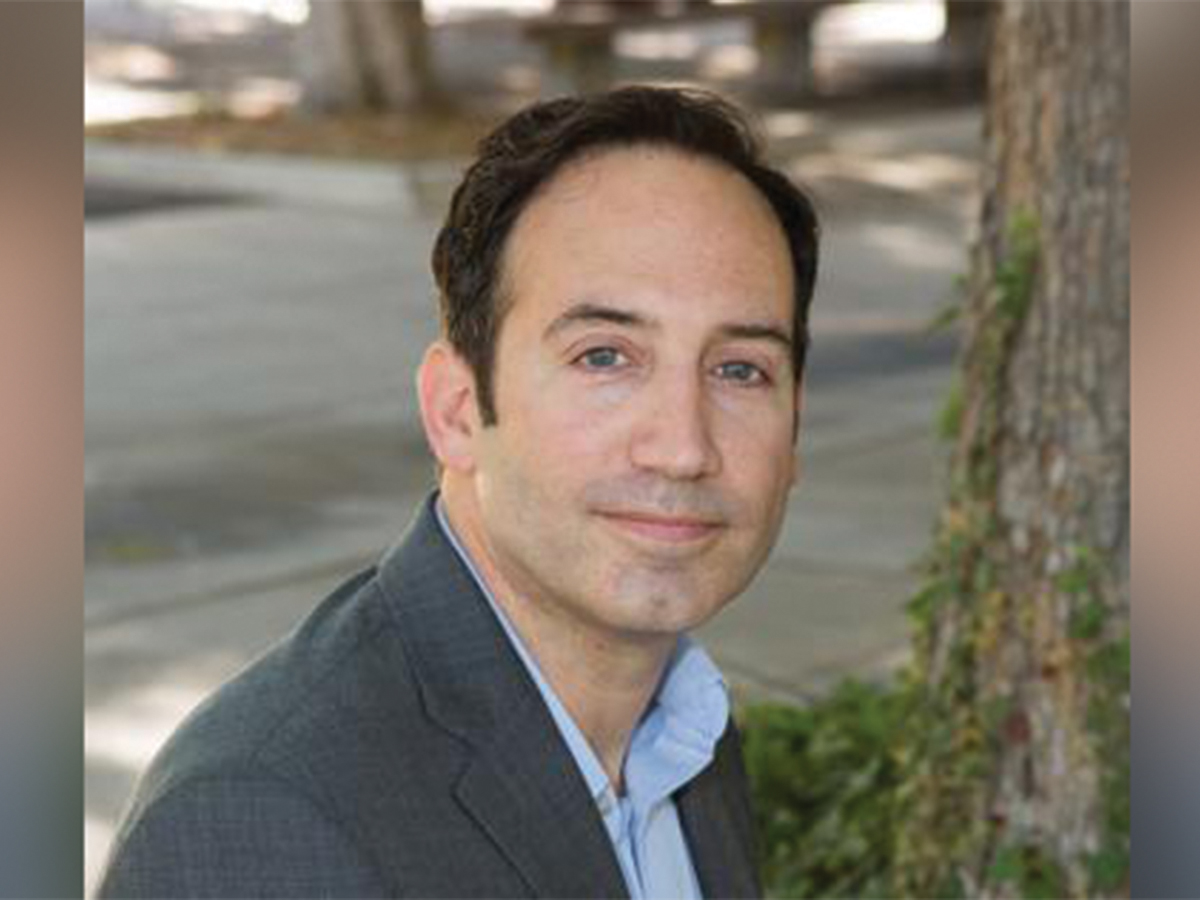A measles outbreak has spread throughout 22 states in the United States, with over 700 reported cases thus far. The Highlander reached out to Professor Richard Carpiano of public policy and sociology at UC Riverside to discuss vaccine-related issues and misinformation regarding vaccines.
Carpiano highlighted the intricacies of vaccine misinformation. He pointed out the difference between anti-vaxxers and vaccine-hesitant individuals: “A vaccine-hesitant individual is anyone who might have concerns over side effects and safety. As a result they may delay vaccines for their child.” Carpiano explained, “Sometimes the media tends to paint all of these people with the same brush by calling them all anti-vaxxers.” According to Carpiano, vaccine-hesitant individuals do not necessarily subscribe to the anti-vaxxer movement yet remain skeptical of vaccinations.
Carpiano emphasized the role of certain celebrities and some members of the medical community in vaccine misinformation. According to Carpiano, celebrities such as Jenny McCarthy and British doctor Andrew Wakefield push false narratives about vaccines. Carpiano stated that McCarthy believed that vaccines had triggered autism symptoms in her child.
However, according to Carpiano, vaccines are given to children during a time when a parent sees symptoms for autism. Carpiano shared a story about Wakefield who published a study claiming that the MMR vaccine caused autism in children but that study was debunked. Carpiano noted, “Anti-vaxxers have been around for a while. They are as old as the history of vaccines themselves.” Edward Jenner was the first person to test the smallpox vaccine in 1796.
In addition to being prominent advocates for the anti-vaccination movement, Carpiano said anti-vaxxers have spread misinformation through social media platforms. He claimed that Facebook has issues with anti-vaxxer misinformation campaigns. He said that Facebook is attempting to combat vaccine misinformation, noting that “Facebook has recognized problems with anti-vaxxer advertisements. They are looking into how to eliminate anti-vaxxer misinformation. It’s not censorship because they are a private company.”
The recent measles outbreak in Los Angeles has stirred more conversation surrounding anti-vaxxers role in vaccine misinformation. “This is really a numbers game. We have to keep levels of vaccination high enough. We are not all 100 percent covered. We do need each other so the spread is minimized,” said Carpiano.
Carpiano also stated that he believed that there is not enough time and resources to change anti-vaxxers’ minds; vaccine-hesitant individuals can be reached for truthful and accurate information. According to Carpiano, the vaccine-hesitant individuals are “on the fence” and less dogmatic on vaccine issues compared to anti-vaxxers. Carpiano offered a solution to anti-vaxxer misinformation; “We need to be thinking about education campaigns, protecting the rest of the community and meeting the challenges presented by the anti-vaxxer movement.”







